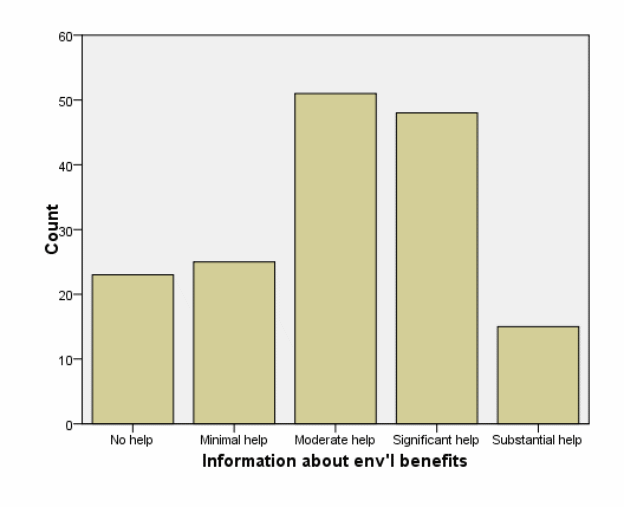Introduction
Society has in the recent past viewed environmental sustainability with increased concern. Many leaders in the tourism industry are gradually shifting policies towards this direction. Despite the efforts to put in place environment-friendly practices in the tourism industry, concerns have been raised as to the level of adoption of sustainable practices within the industry without hugely interfering with the operations of the industry. While many operators are aware of the importance of adopting sustainable practices, most lack the will to undertake such projects more so considering the costs attached to them. Using a purposive sample of the case of tourism businesses in South East Cornwall, in-depth questionnaires help explore the various aspects affecting the adoption of sustainable practices.
Objectives of Study
As a result of the wide scope of sustainable practices, this study aims to provide insight into:
- The attitudes and behaviors which shape sustainable practices amongst tourism businesses in South East Cornwall;
- Identify the barriers to implementation of sustainable practices within the region’s Tourism Industry;
- Identify the factors which affect the implementation of such practices.
- Evaluate the level and type of sustainable tourism acts adopted by the industry operators;
- Understand the issues which have impacted of adoption of such practices I.e. the motivators and the constraints;
- Determine means of facilitating the adoption of sustainable practices with the region’s tourism industry.
Background information
Sustainability is growing in importance across all the major industries and in the recent past, it has found its way into mainstream tourism (Kelly 322). Its rising popularity has been the source of diverse understandings of what it entails, means, and the possible benefits/disbenefits associated with it. However, the generally accepted definition describes it as a way of creating a balanced and healthy working place within the industry through enhanced socio-cultural destinations, historical evaluations, and conservation of both natural and artificially built-in resources (Kelly 324).
Although not considered, specifically from an environmental point of view, the key issue barring the implementation of sustainable practices in the regional hotel industry costs. Additionally, despite acknowledging the importance of water conservation, the need for the commodity competes with the need to conserve it. However, the shortage and expanding need for water has compelled various industry players to review the policies on sustainable conservation.
In general, a number of factors affecting the implementation of sustainable practices within the industry have been identified. These include the nature of business, costs of implementing the project, customer demand and trends, weather conditions, government regulations and policies, industry support, and technical information.
Key findings
The descriptive statistics table defines the various measures employed by tourism corporations in the region to ensure sustainability. The standard deviation reflects the variation level across the players on application of the measures in question. Training seminars provides the highest standard deviation. This in essence shows that there is lacking in uniformity in its application across the industry. Although, training seminars records the highest standard deviation, the general pictures shows high standard deviations across the industry. Only use of alternative energy and location show relatively reduced standard deviations. Compared to the means, it would be valid to conclude that argue that the application of sustainable measures across the industry is non-uniform with each player working within their own standards.
Despite the large variation in application, a considerable percentage of the respondents believe that information about the environmental benefits is useful and provide the tourism businesses with lots of benefits. This is best illustrated by the graph below where most of the respondents placed there answers between moderately helpful to substantially helpful.

Conclusion
In conclusion, it will be important to mention that the findings of this research reveal that a number of problems affect the decision with regard to engagement in sustainable practices. The general picture presented from statistical analysis reveals that a number of problems hamper the process of adopting sustainable initiatives.
Works cited
Brian, Edwards. Questionnaire Design. London: McGraw Hill, 2009.
Kelly, Rodgers. Sustainable practices in regional Tourism. Journal of Sustainable Tourism, 6(15), 2007:321-325.